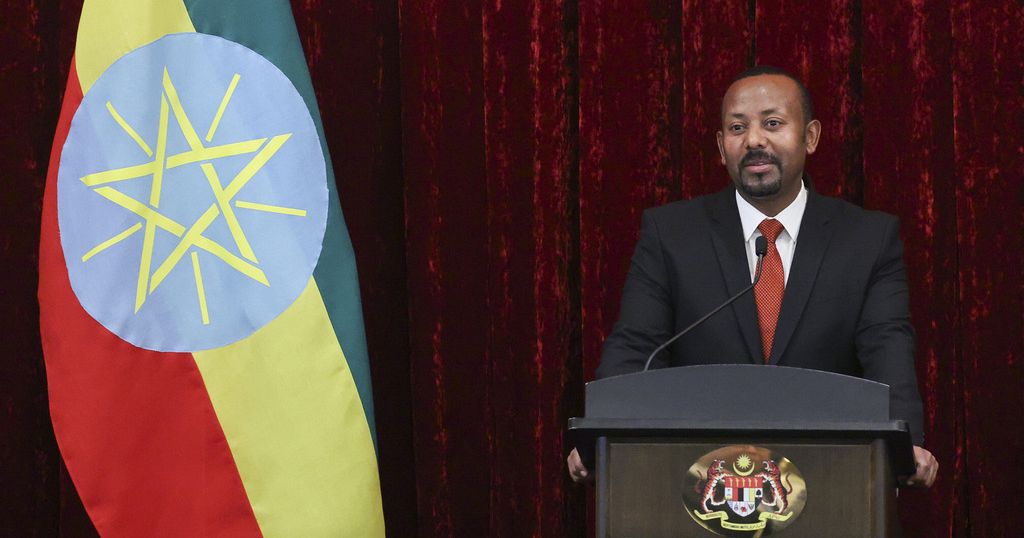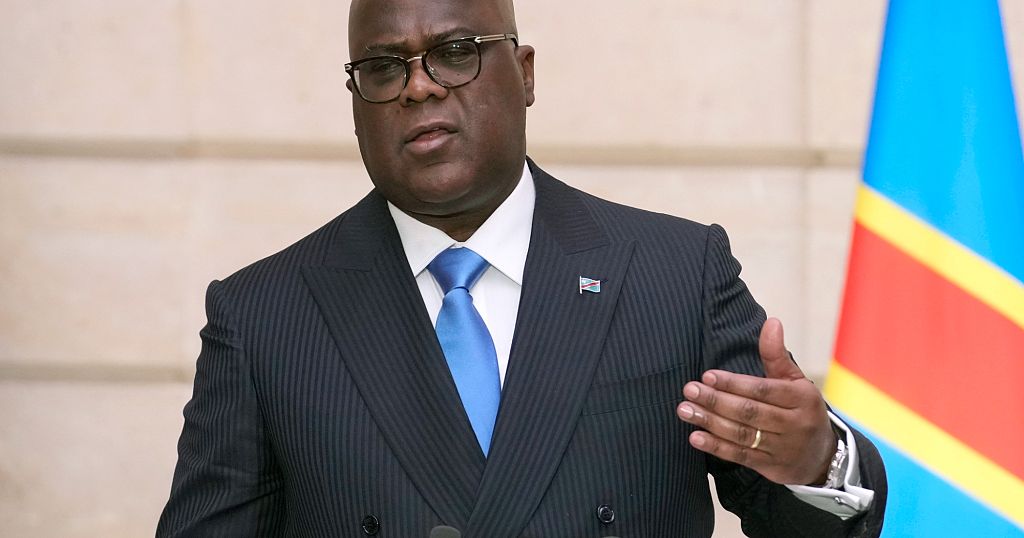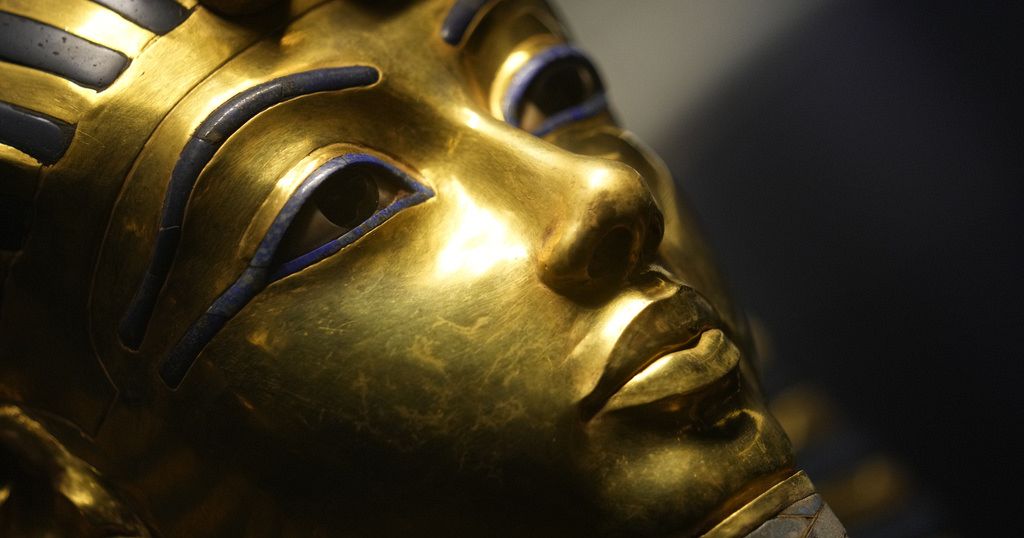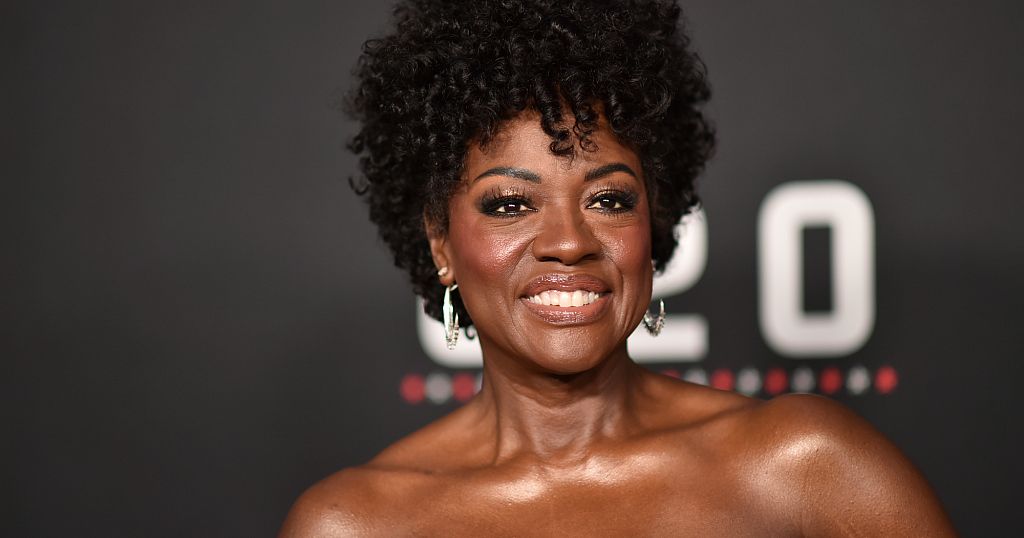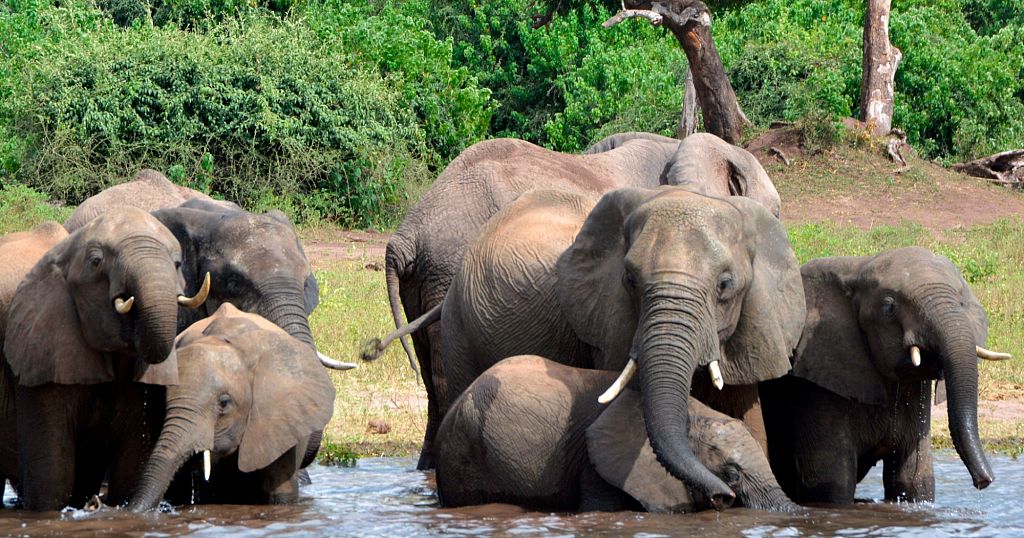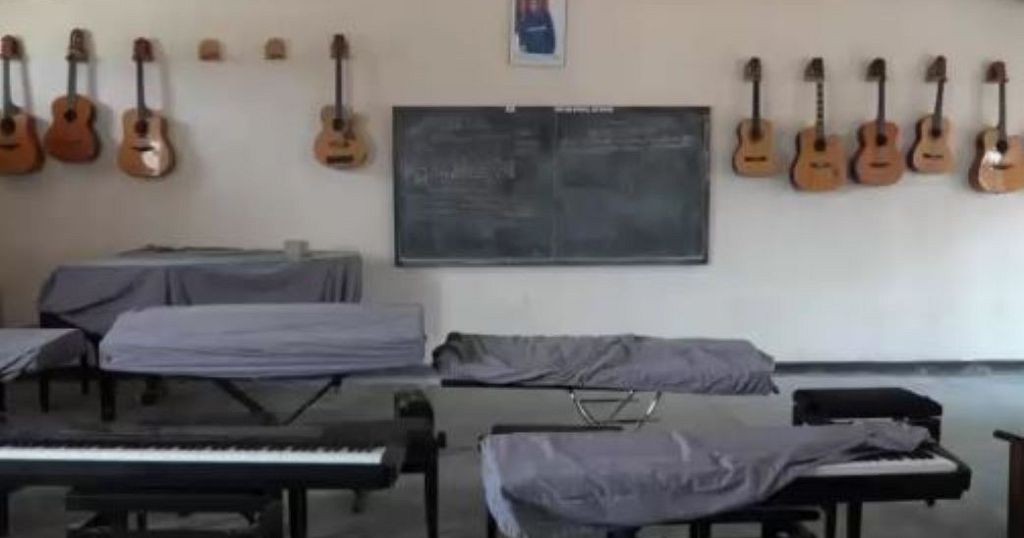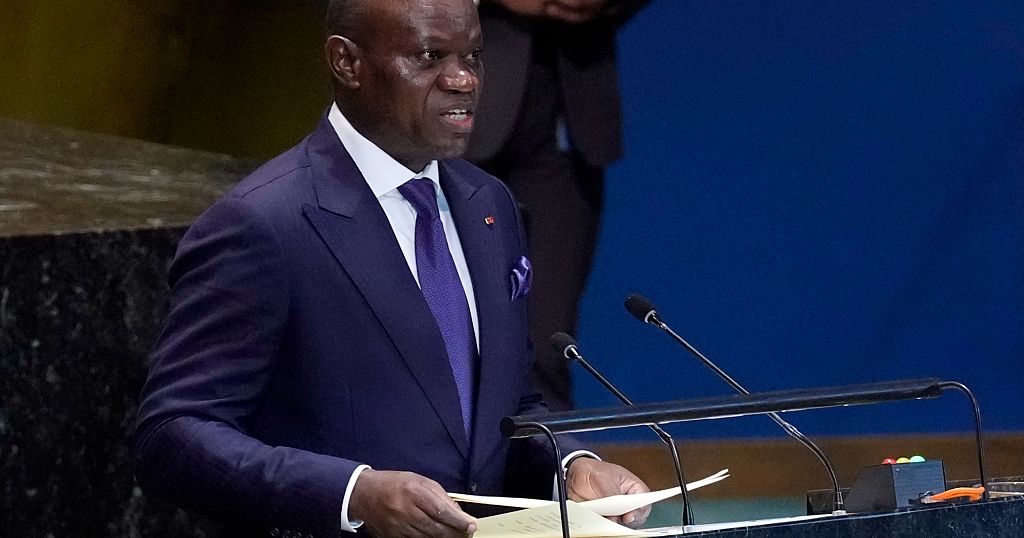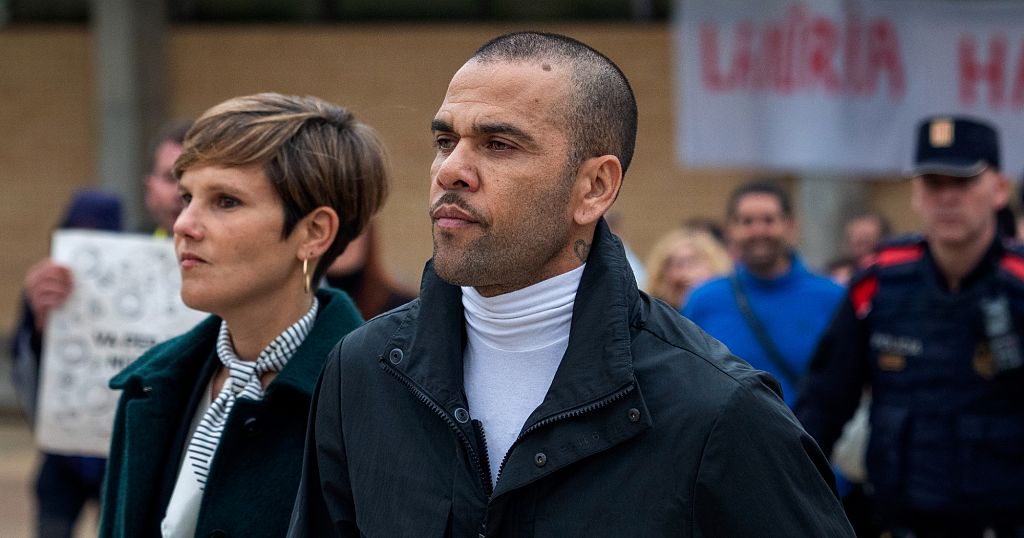Families sue TikTok France over teen deaths
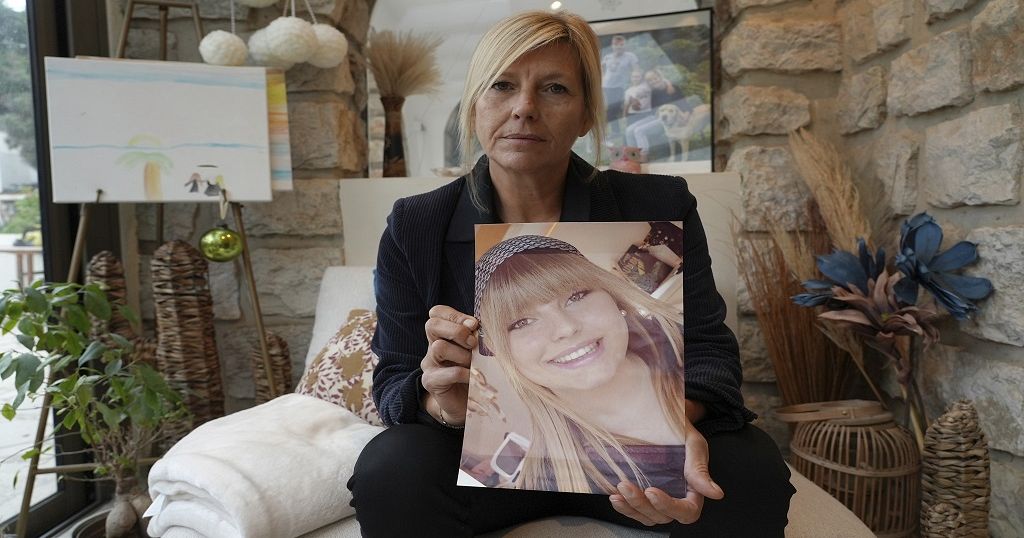
Stephanie Mistre found her 15-year-old daughter, Marie, lifeless in the bedroom where she died by suicide.
That day in September 2021 marked the start of her fight against TikTok, the Chinese-owned video app she blames for pushing her daughter toward despair.
Delving into her daughter’s phone after her death, Mistre discovered videos promoting suicide methods, tutorials and comments encouraging users to go beyond mere suicide attempts.
She said TikTok’s algorithm had repeatedly pushed such content to her daughter.
“Three years ago, I had no idea what kind of content social platforms were pushing towards my daughter,” she told the AP, listing physical violence, rape and suicide as common themes.
Now Mistre and six other families are suing TikTok France, accusing the platform of failing to moderate harmful content and exposing children to life-threatening material.
Out of the seven families, two experienced the loss of a child.
Asked about the lawsuit, TikTok said its guidelines forbid any promotion of suicide and that it employs 40,000 trust and safety professionals worldwide — hundreds of which are French-speaking moderators — to remove dangerous posts.
The company also said it refers users who search for suicide-related videos to mental health services.
Before killing herself, Marie made several videos to explain her decision, citing various difficulties in her life, and quoted a song by the Louisiana-based emo rap group Suicideboys, who are popular on TikTok.
Her mother also claims that her daughter was repeatedly bullied and harassed at school and online.
In addition to the lawsuit, the 51-year-old mother and her husband have filed a complaint against five of Marie’s classmates and her previous high school.
But above all, Mistre blames TikTok.
“I would have never given my blessing for this application,” she said.
Scientists have not established a clear link between social media and mental health problems or psychological harm, said Grégoire Borst, a professor of psychology and cognitive neuroscience at Paris-Cité University.
Borst said it was difficult to establish cause and effect in this area, citing a leading peer-reviewed study that found only 0.4% of the differences in teenagers’ well-being could be attributed to social media use.
Additionally, Borst pointed out that no current studies suggest TikTok is any more harmful than rival apps such as Snapchat, X, Facebook or Instagram.
While most teens use social media without significant harm, the real risks, Borst said, lie with those already facing challenges such as bullying or family instability.
The lawsuit filed by the seven families alleges that TikTok’s algorithm is designed to trap vulnerable users in cycles of despair for profit and seeks reparations for the families.
A report titled “Children and Screens,” commissioned by French President Emmanuel Macron in April and to which Borst contributed, concluded that certain algorithmic features should be considered addictive and banned from any app in France.
The report also called for restricting social media access for minors under 15 in France. Neither measure has been adopted.
TikTok, which faced being shut down in the U.S. until President Donald Trump suspended a ban on it, has also come under scrutiny globally.
The U.S. has seen similar legal efforts by parents.
One lawsuit in Los Angeles County accuses Meta and its platforms Instagram and Facebook, as well as Snapchat and TikTok, of designing defective products that cause serious injuries.
The lawsuit lists three teens who died by suicide.
In another complaint, two tribal nations accuse major social media companies, including YouTube owner Alphabet, of contributing to high rates of suicide among Native youths.
Meta CEO Mark Zuckerberg apologized to parents who had lost children while testifying last year in the U.S. Senate.
In December, Australia enacted a ground-breaking law banning social media accounts for children under 16.
When contacted by The Associated Press, TikTok said it had not been notified about the French lawsuit, which was filed in November.
It could take months for the French justice system to process the complaint and for authorities in Ireland — home to TikTok’s European headquarters — to formally notify the company.
Instead, a Tiktok spokesperson highlighted company guidelines that prohibit content promoting suicide or self-harm.
Critics argue that TikTok’s claims of robust moderation fall short.
For Mistre, the fight is deeply personal.
Sitting in her daughter’s room, where she has kept the decor untouched for the last three years, she said parents must know about the dangers of social media.
Source: Africanews



